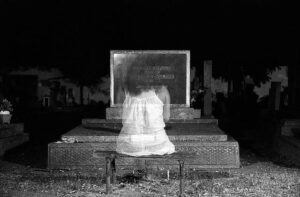- CALL NOW 1-570-742-4561 | AVAILABLE 24/7 Send Flowers
Do you know what executors, guardians, and people holding powers of attorney are? Or what do they have to do with planning a memorial or a cremation service in Watsontown, PA? If you don’t, it’s ok. You’re not alone. Many people are confused about what these different things, jobs, and people are and what they have to do with end-of-life planning.
Executors, guardians, and people holding powers of attorney (POA) are similar in many ways, but they all have unique roles to play when it comes to planning cremation services, funerals, and other death-related matters.
A Power of Attorney is not a person. A POA is a legal document in which one person, the principal, gives another person, the attorney-in-fact, the power to act on their behalf in financial and legal matters. Most POA documents are financial, legal, or both and are only applicable when the principal is still alive. If the document is financial, the attorney-in-fact does have the power to preplan and prepay for the principal’s funeral, cremation, or other death-related services. However, the attorney-in-fact cannot make any death-related arrangements after the principal has already died. The attorney-in-fact is also not able to make funeral plans for another person on the principal’s behalf, such as a spouse or a child.
Guardians are given legal control to make personal and financial decisions for someone else when that person, the ward, is deemed unable or unfit to make such decisions for themselves. Guardians may or may not have control over the final disposition. This is determined case-by-case and depends on the powers given to the guardian in probate court. Guardians are usually the ward’s spouse or adult child, but anyone can be appointed a guardian if the court believes he will act in the ward’s best interests. In some cases, if there is no next of kin, a Public Guardian appointed by the state will make funeral arrangements.
And finally, an executor is the person that has control over a deceased’s assets. Though many people believe executors have control over the details of a deceased’s final disposition, this is not true. In fact, an executor’s main, and often only, role when it comes to disposition is to inform the funeral agent or director of their particular role in the deceased’s will. An executor is mostly intended to deal with more financial matters from locating the deceased’s property and opening an estate checking account to probating the will, paying bills, and filing all necessary tax forms. The executor’s job is over after the estate is divided up and closed.
Remember, some of the laws surrounding these roles vary from state to state, so be sure to research your local laws. We are also here for you if you want to learn more about Pennsylvania death-related law or your options for Watsontown, PA cremation services. We are happy to offer you our services in your time of loss or preplanning. Give us a call or visit us today.

